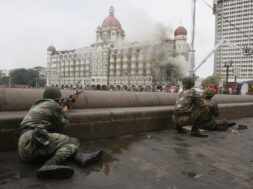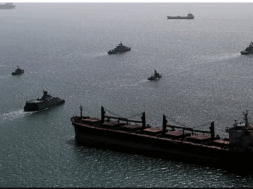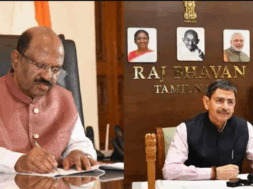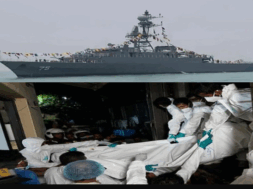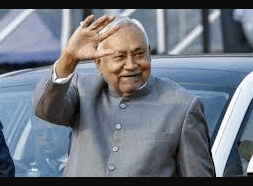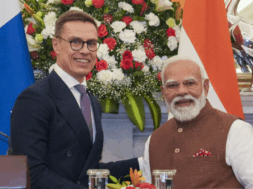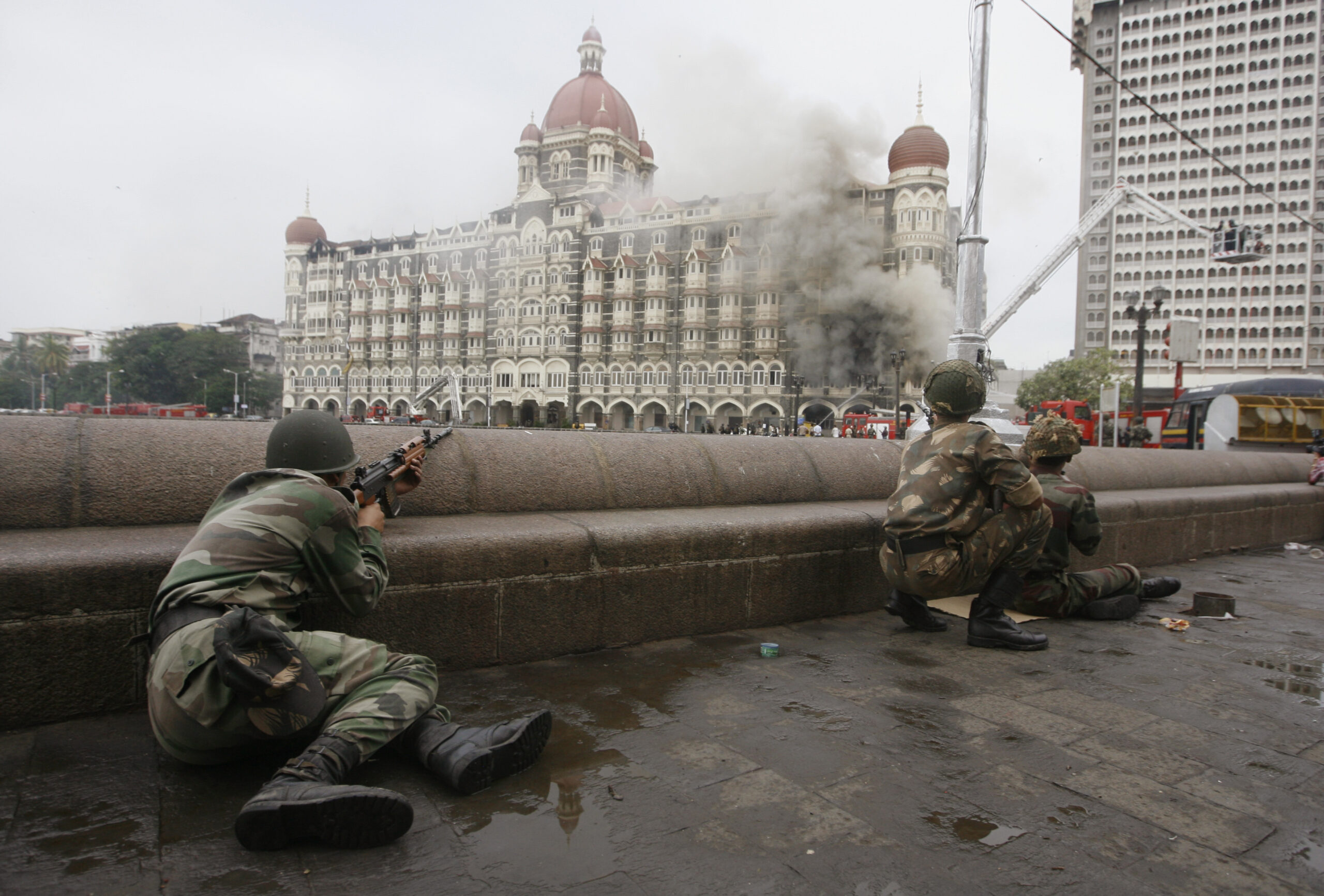
26/11 Mumbai Attack: A stark reminder of Pakistan’s complicity
Devang Acharya
Despite more than a decade, after the Mumbai attack on 26th November, 2008, in which terrorists shot dead 140 Indians and 25 foreign tourists, the perpetrators are still at large and as on date not a single person has either been charge sheeted or convicted.
Following the attack, the suspicion swiftly focused on Lashkar-e-Taiba (LeT), a Pakistani Jihadist group working under the tutelage of S-Wing of Pakistan Inter Services Intelligence (ISI). Although, notionally banned by the Pakistani government since 2002, LeT held ostentatious fund raising rallies, operated urban recruitment centers and had pioneered the concept of suicidal mass-casualty assaults in South Asia without official interference. The attack was apparently masterminded by ISI to curb internal rifts within LeT at that time as well as earn LeT respect within Pakistani jihadist community.
The arrest and interrogation of Ajmal Kasab has already confirmed involvement of ISI vis-a-vis LeT and that the attack was directed in real time from Karachi via mobile and internet telephoning. Subsequent arrest by American Authorities of Pakistan-American jihadist David Headley in October, 2009 also revealed that he had acted as reconnaissance agent for LeT and was trained by ISI. Subsequently, former FIA (Federal Investigation Agency) Pakistan chief Tariq Khosa observed that Pakistan has to deal with Mumbai mayhem as it was planned and launched from its soil, and the entire state security apparatus must ensure that the perpetrators and the mastermind be brought to justice. Even, former Pakistan PM Nawaz Sharif observed that Pakistan’s failure to deliver justice for the Mumbai victims had eroded its credibility globally.
Nevertheless, Islamabad has by all means delayed the process of justice and glaringly omitted the mastermind and the key conspirators including Hafeez Muhammad Saeed and Zakir-ur-Rehman Lakhvi. Pakistan has proven inconsistent on acting against terrorists based on its territory with the attack remaining an open case and Pakistani state complicity still debated and role of LeT and ISI now being perceived in most quarters as beyond serious dispute.
Although, New Delhi has provided a detailed dossier on Mumbai attack including transcripts of LeT controllers to many countries, International community perhaps needs to be more affirmative to bring the perpetrators of 26/11 attack to justice and provide solace to families of the victims as well as curtail jihadist activities in Pakistani territory having pan-International concern.
